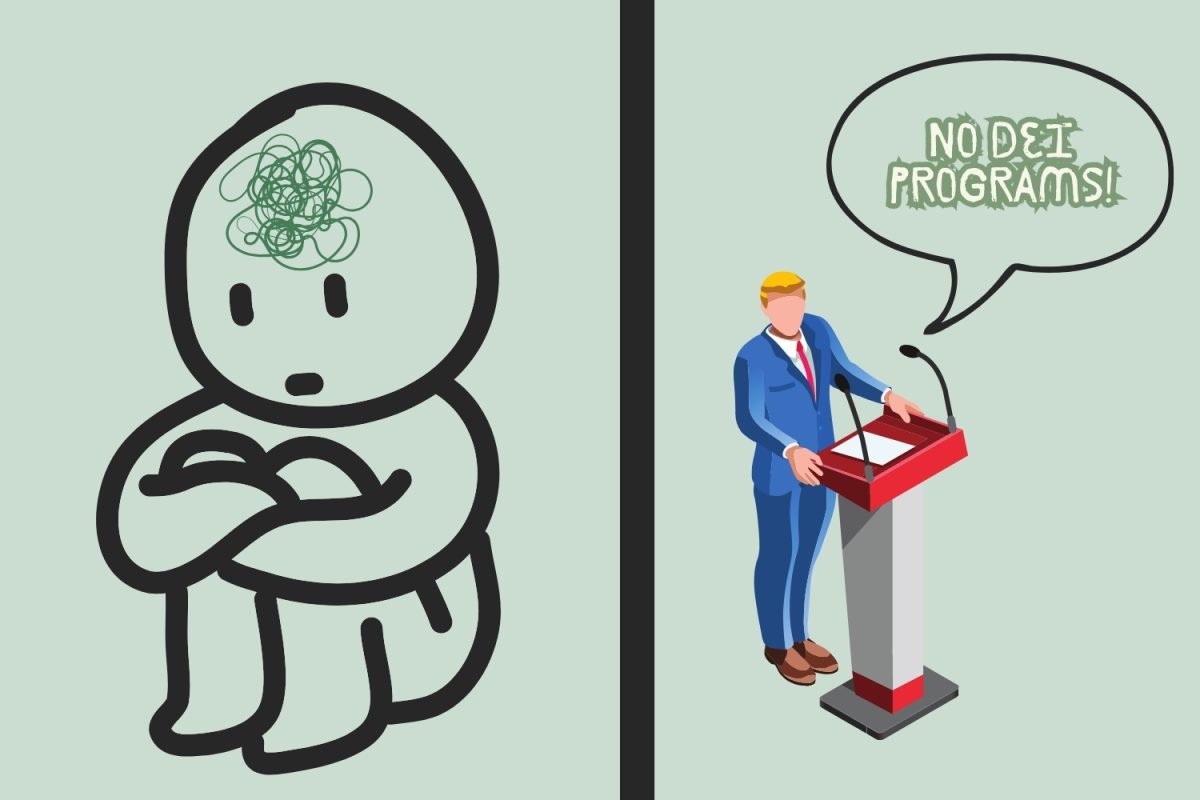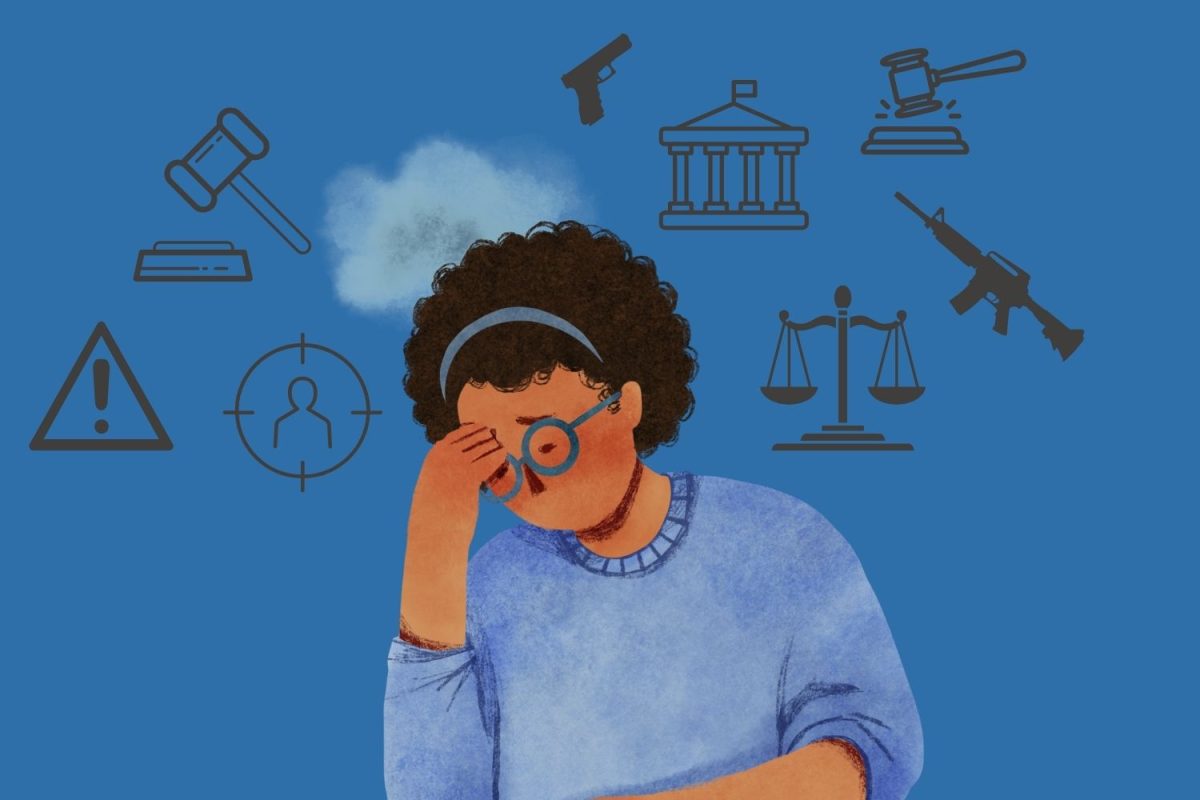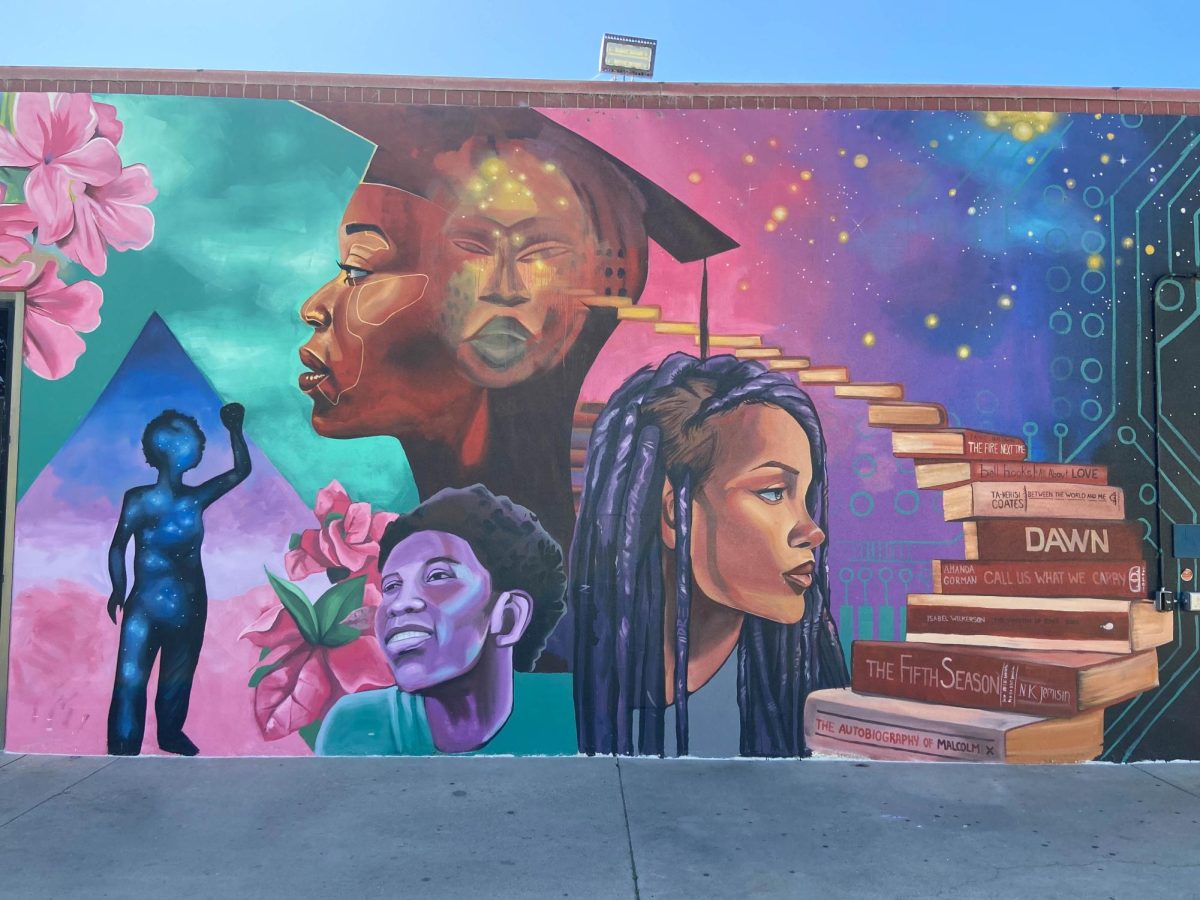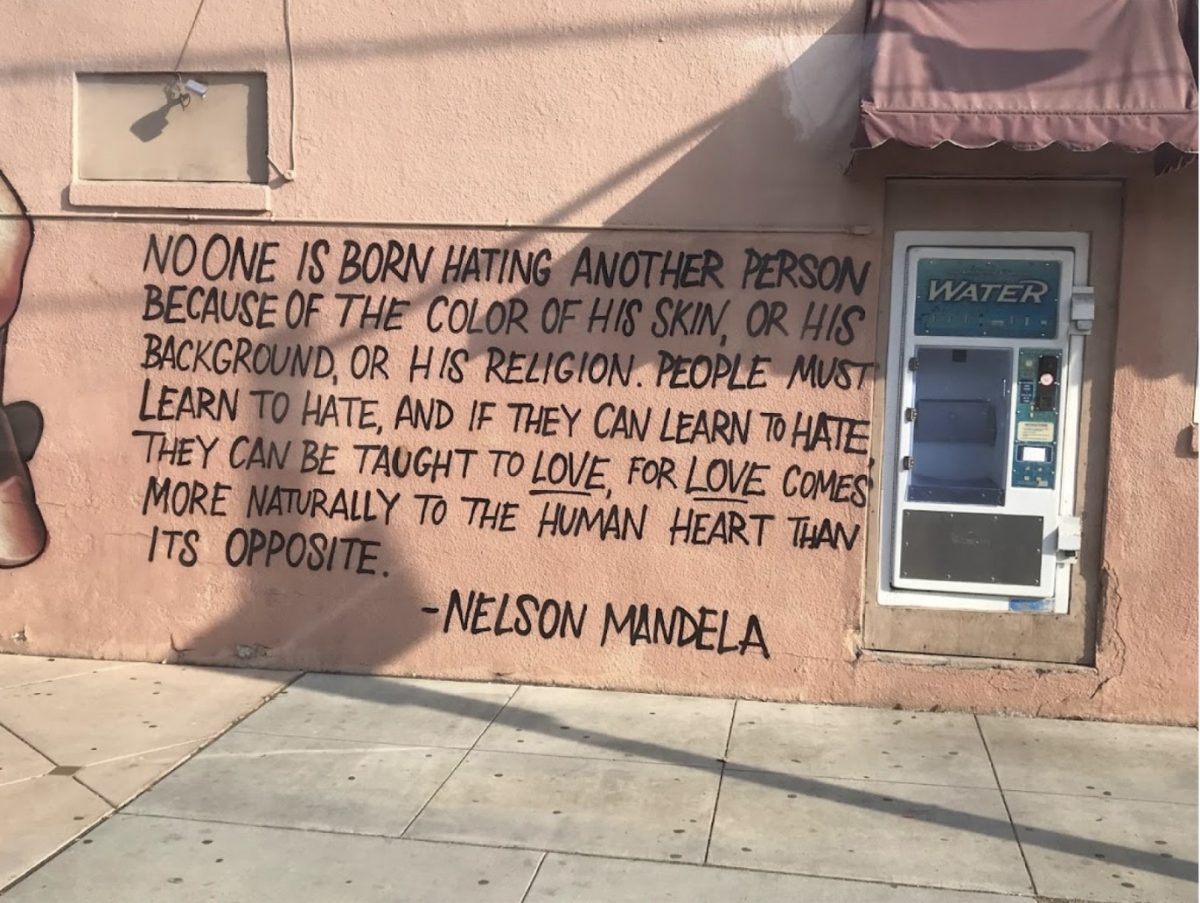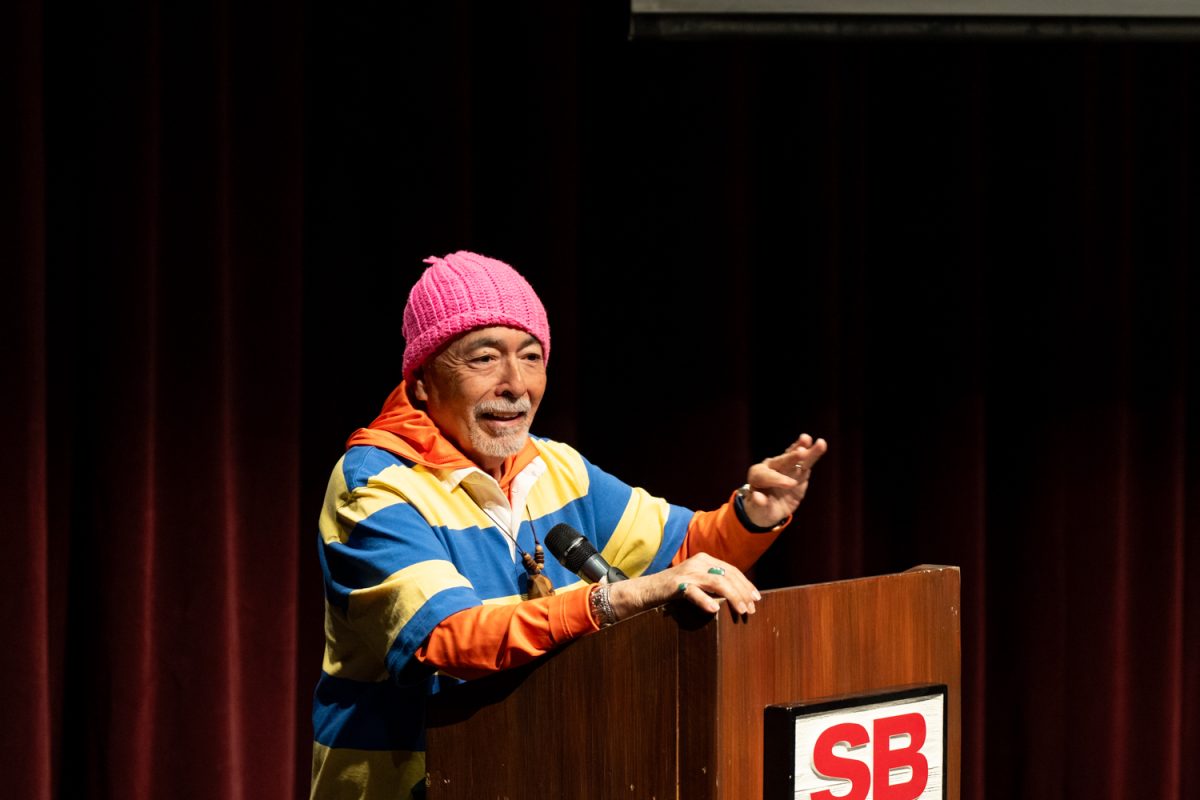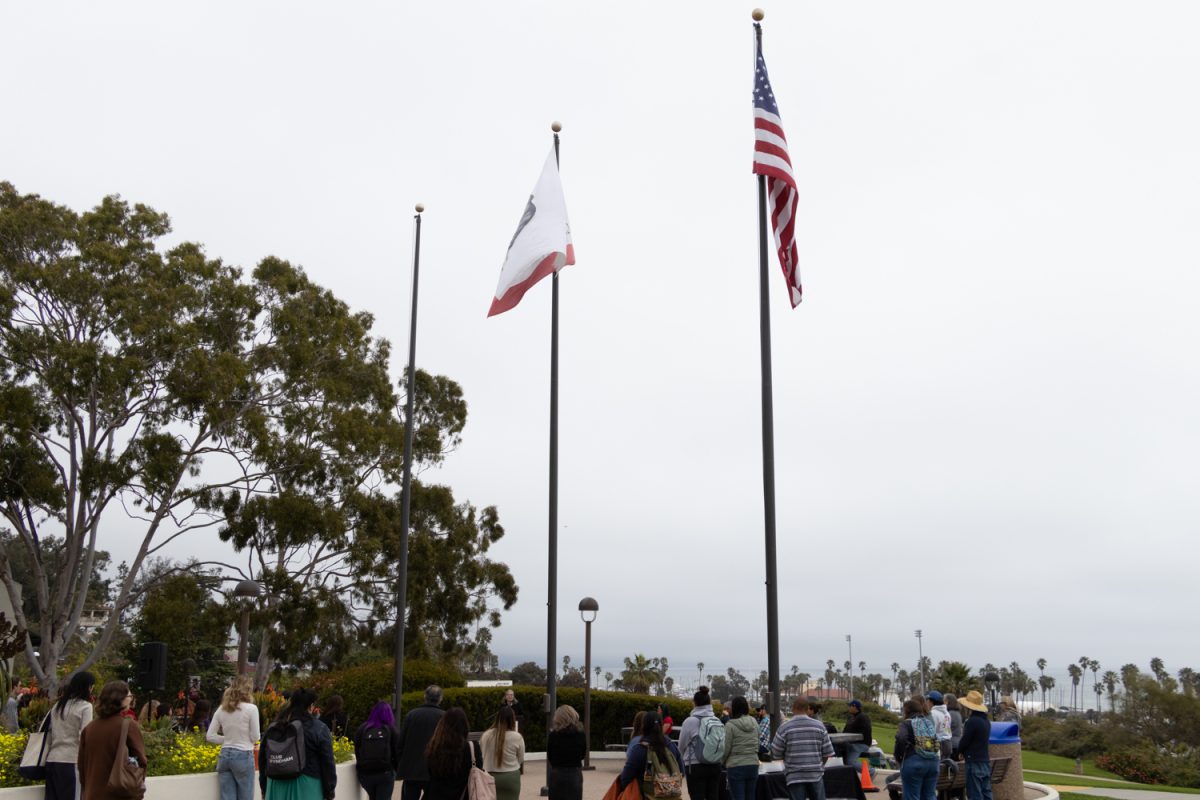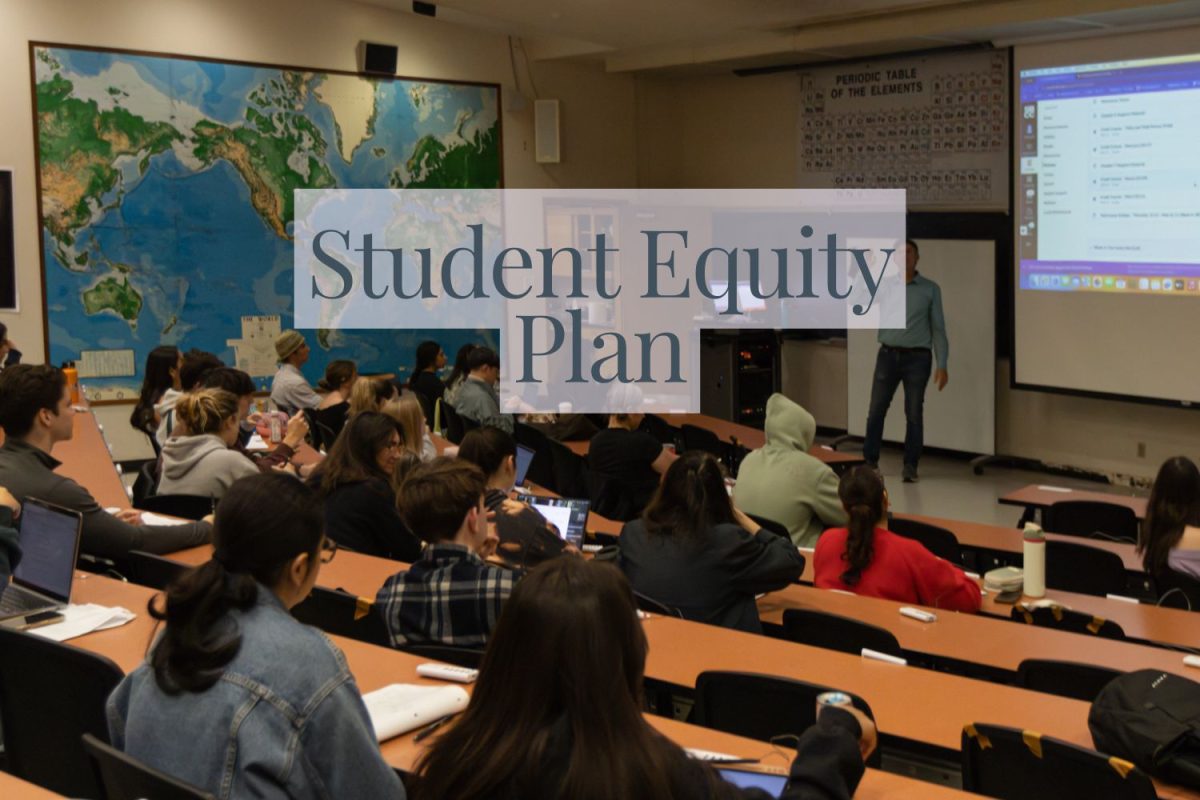Diversity, equity and inclusion (DEI) programs are currently under attack at schools in the United States.
After a Dear Colleague letter was sent out by the U.S. Department of Education on Feb. 14 directed towards schools K-12 and colleges, DEI programs were given one option. Schools were told they’re supposed to cut any DEI-related programs within two weeks or face federal funding cuts.
This letter left everyone with a lot of unanswered questions and the want for more information.
Though, where does this leave students involved with DEI related programs or classes?
DEI programs include UMOJA, Raíces, CESJ, ethnic studies classes and more.
Many students who are a part of these clubs or classes at City College will no longer have access to them.
It feels like a step back rather than a step forward without the variety of opportunities schools have to offer. Students feel included and seen by others in DEI programs and regardless of what one may think about the programs, students should still be allowed to have the freedom to have those programs available.
The United States may be known for our voice and freedom, but what about the voices of students being stripped away of their freedom to learn more about diversity, equity and inclusion?
The beauty of diverse cultures and ethnic programs on campus allows students to expand their knowledge of the different cultures around us. Without the DEI opportunities, this leaves us students to feel unseen, unheard, and overall upset.
This feels like another thing that our country is trying to rip away from us.
Where are we supposed to go to feel a sense of belonging and feel recognized by others who understand a certain culture?
A question added to the long list of unresolved questions is, what about ethnic studies classes?
I learned a plethora of subjects in my ethnic studies class in high school. Not just one specific culture, but multiple covering a wide range of Hispanic, Asian, Black and white culture. It really enhanced my views on the variety of different groups in America, but this also opened my mind to how positively different and welcoming people can be.
The DEI programs and classes gave me a different insight on the upbringings of the cultures around us.
If it weren’t for that class, I wouldn’t have wanted to expand my knowledge on Chicano studies that City College offers.
Students come to school to learn. So why take that luxury away by controlling what students can and can’t do?
The DEI programs at City College are thriving, helping students succeed whether it’s in a classroom, finding a job, transferring or doing what’s best for students. Since the programs are facing cuts, has the Department of Education thought about how students in the U.S. may use their voices in return? I think not.
This evolving issue can only leave us wondering what’s going to happen next, but students should not be worried and continue to hold onto hope that the DEI programs will continue to stay.
If we students are truly the “next generation” in this country, let us be able to enhance our knowledge and give us a chance to grow our learning abilities. Rather than take it away from us by slowly cutting classes, funds, or programs that help strengthen our education.


